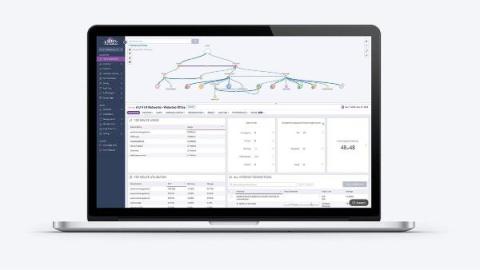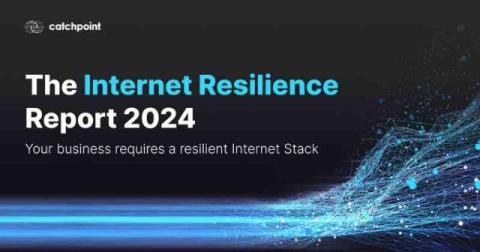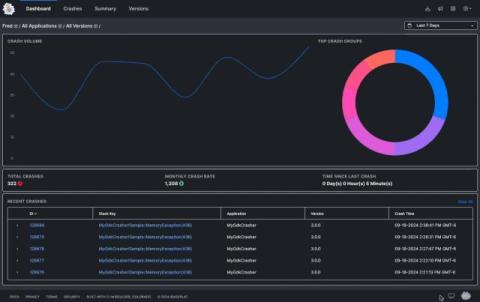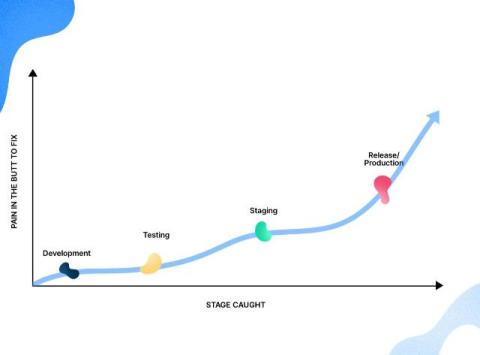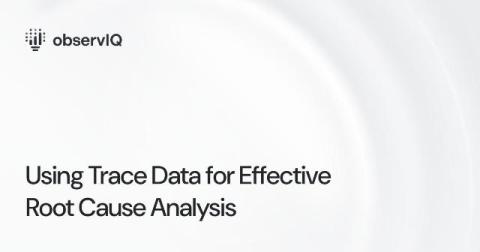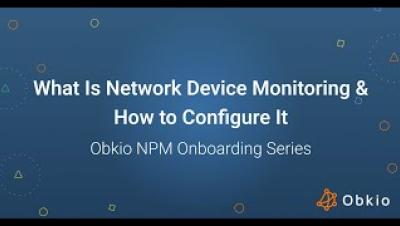Ask the Experts: Is On-Device AI Going to Prove to Be Hype or Helpful?
Your frontline workers need AI, and they need it now. They need guidance. They need information. And it’s getting harder to find a co-worker or manager that can provide these things. Everyone’s busy. In fact, in Zebra’s latest Global Shopper Study, 85% of the retail associates surveyed said they believe AI will help them be more productive, and 78% said AI/machine learning would boost efficiency and customer service. Three-quarters said the same for generative AI (GenAI).



